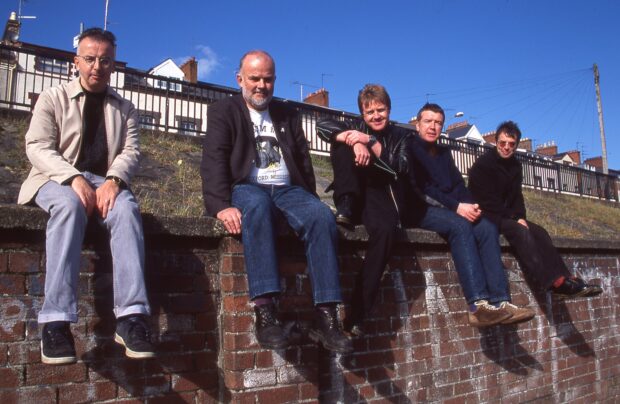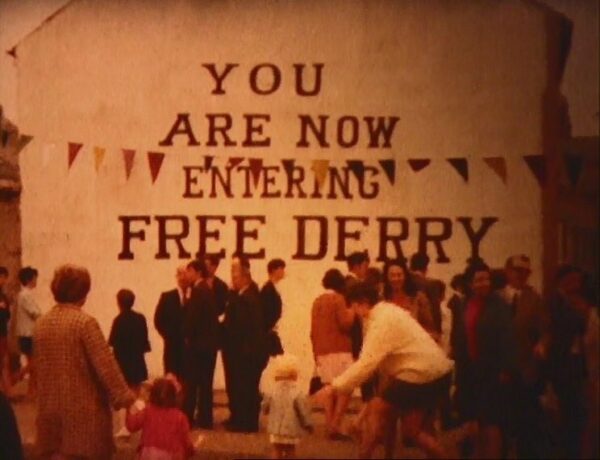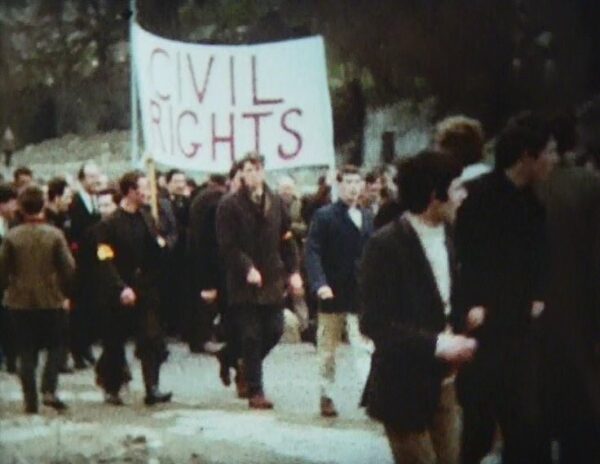 THE Tower Museum has received a grant from the National Archives to digitise a vast collection of tapes covering historic moments within Derry from as early as the 1960s.
THE Tower Museum has received a grant from the National Archives to digitise a vast collection of tapes covering historic moments within Derry from as early as the 1960s.
The grant has been received through the National Archives Covid-19 grant programme, with the Tower Museum working in partnership on the project with the creator and owner of the tapes, Vinny Cunningham of Northland Broadcast, as well as the Museum of Free Derry.
The Covid-19 Archives Fund provides support for short-notice work to secure vulnerable analogue and born-digital records.
The fund is open to the benefit of archives at risk that might otherwise be dispersed or lost without intervention.
The collection includes around 3,000 tapes in various formats which contain a range of material linked to projects undertaken by Mr Cunningham from documentaries, news footage, oral histories, original and uncut material, much of which has never been seen or used.
Items include original video and audio footage from the onset of the conflict in the 1960s, to footage for news reports in the 1980s and 1990s.
Unique material includes uncut interviews produced for a number of documentaries including ‘Battle of the Bogside’, ‘Squaddies on the Frontline’, and coverage of parades, riots, and events such as the Saville Report.
The collection also includes material covering civic and commemorative events in Derry in the 1980s and 1990s, such as Halloween and the Relief of Derry, Apprentice Boys parades, and the social and cultural heritage of Derry, like the original footage of The Undertones, John Peel and Derry City Football Club.
 It also contains around 40 hours of audio from Radio Free Derry news and interviews.
It also contains around 40 hours of audio from Radio Free Derry news and interviews.
Bernadette Walsh, Tower Museum Archivist, is one of the leads on the project and explained the great historic significance of the extensive collection and the importance of digitising and storing it.
“The grant programme allows us to focus on a collection whose historical integrity and uniqueness lies in its completeness, mainly analogue material covering subjects as varied as protests, civil unrest, music and sporting events,” said Bernadette.
“It can help to tell the story of the region through visual histories.
“Vinny has been present in the city filming many unique events, his knowledge of the collection and commitment to making the collection available was integral to the development of the application.
 “Much of the material, in particular the interviews and oral histories, have never been seen publicly.”
“Much of the material, in particular the interviews and oral histories, have never been seen publicly.”
Once the collection is catalogued and digitised it will be made available through a variety of engagement opportunities.
For further details please contact the Archivist at collections@derrystrabane.com
Tags:






